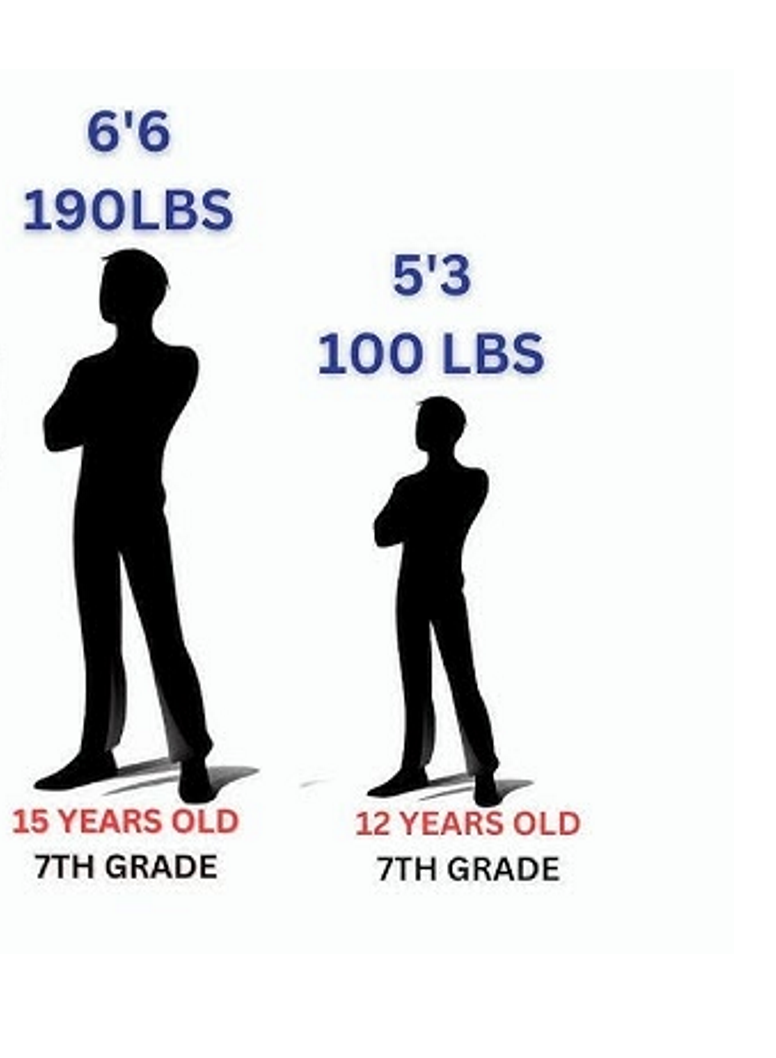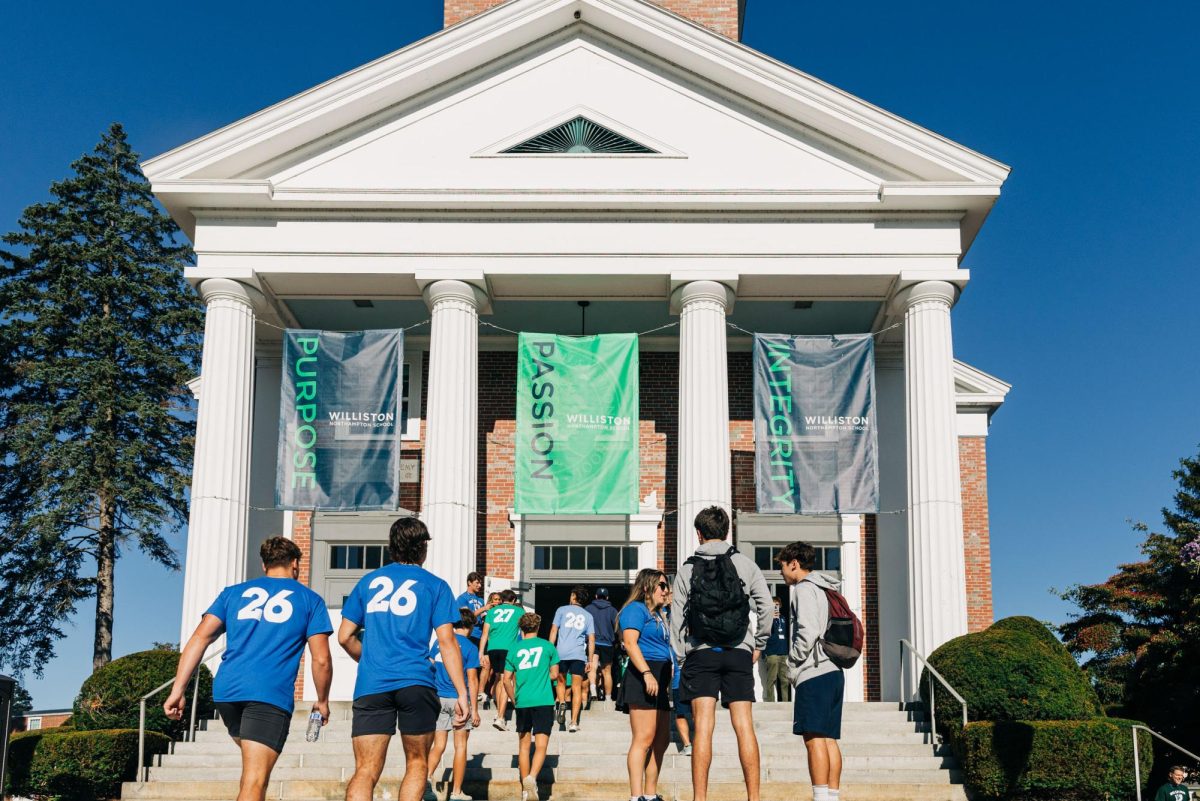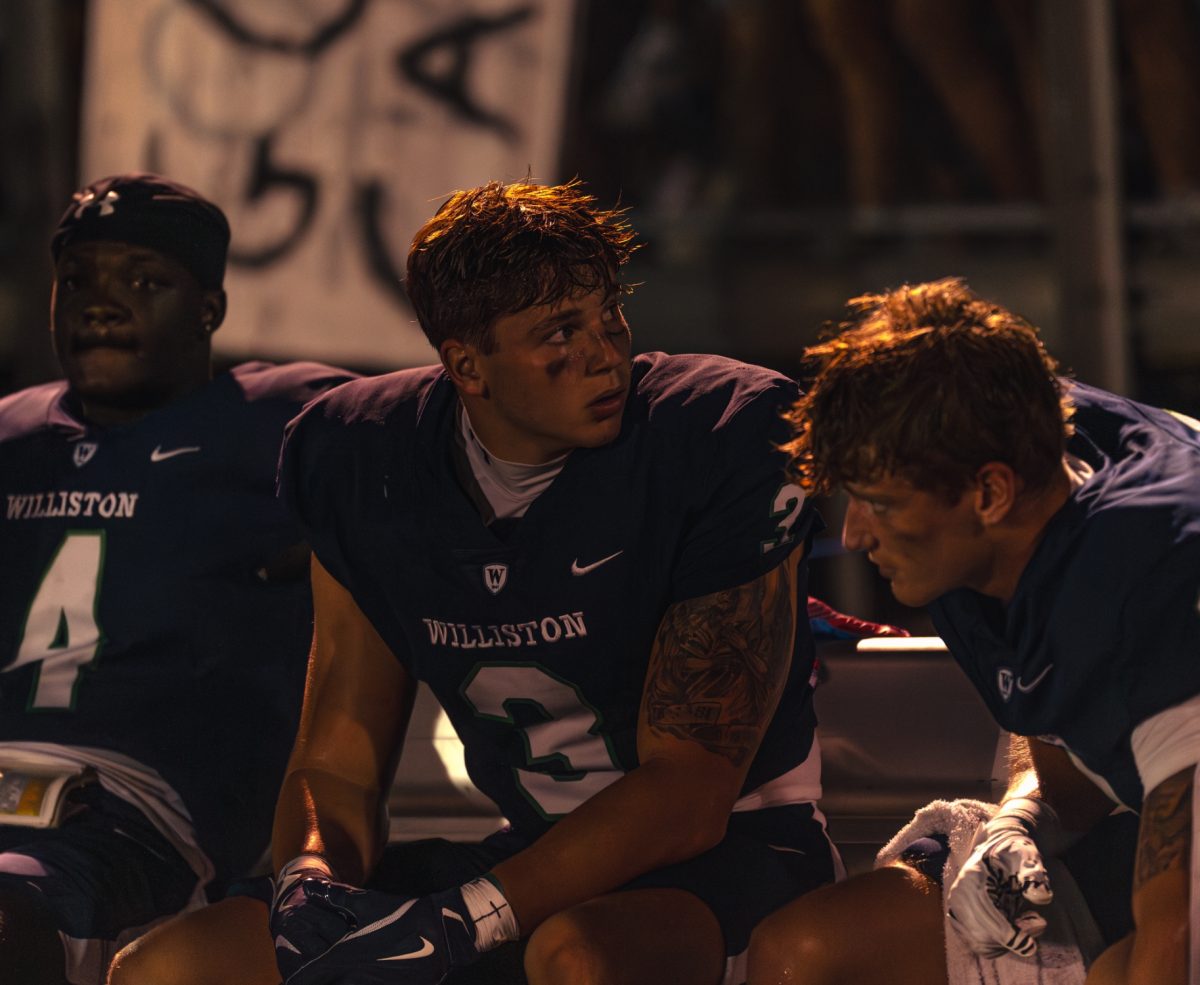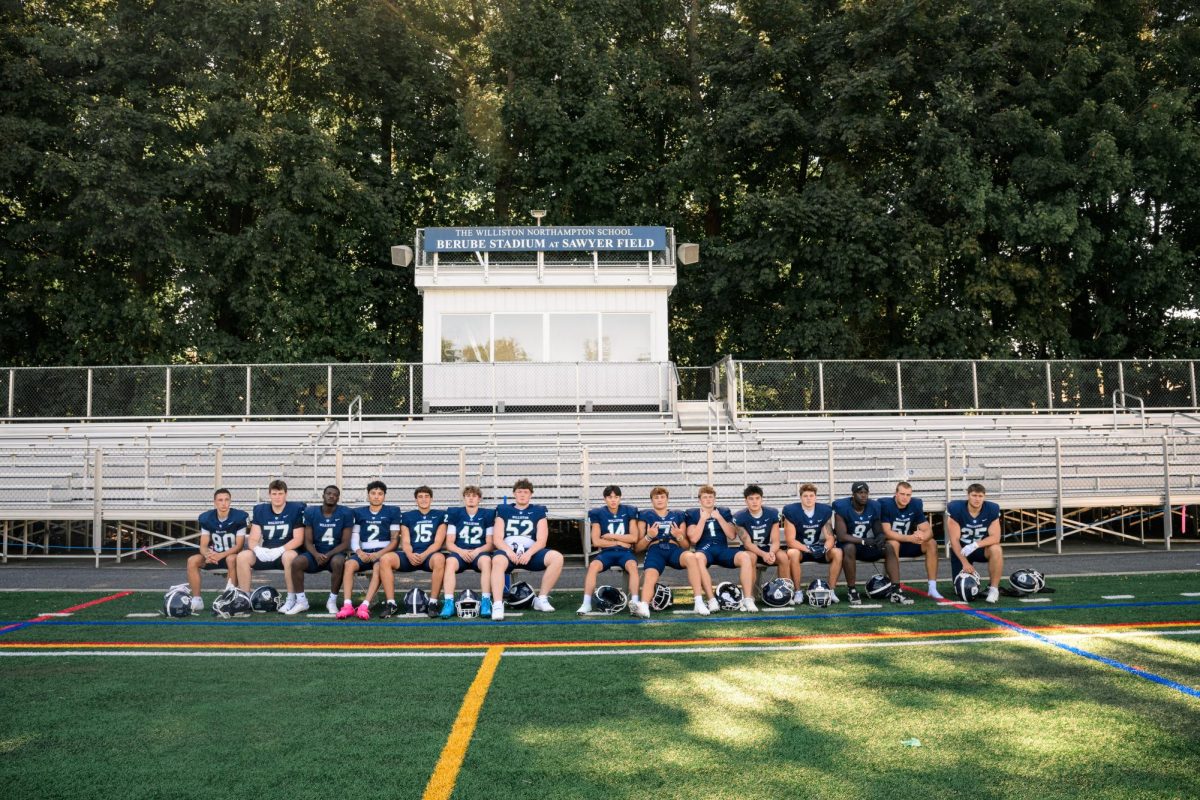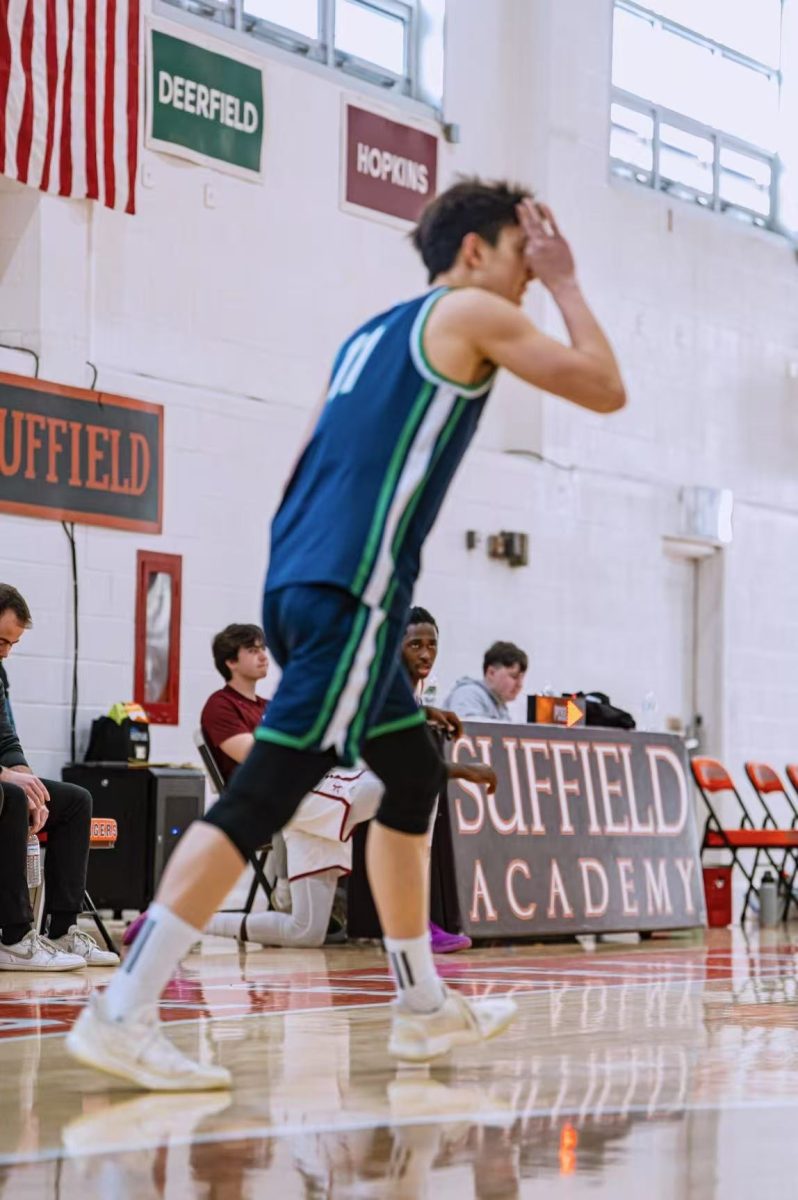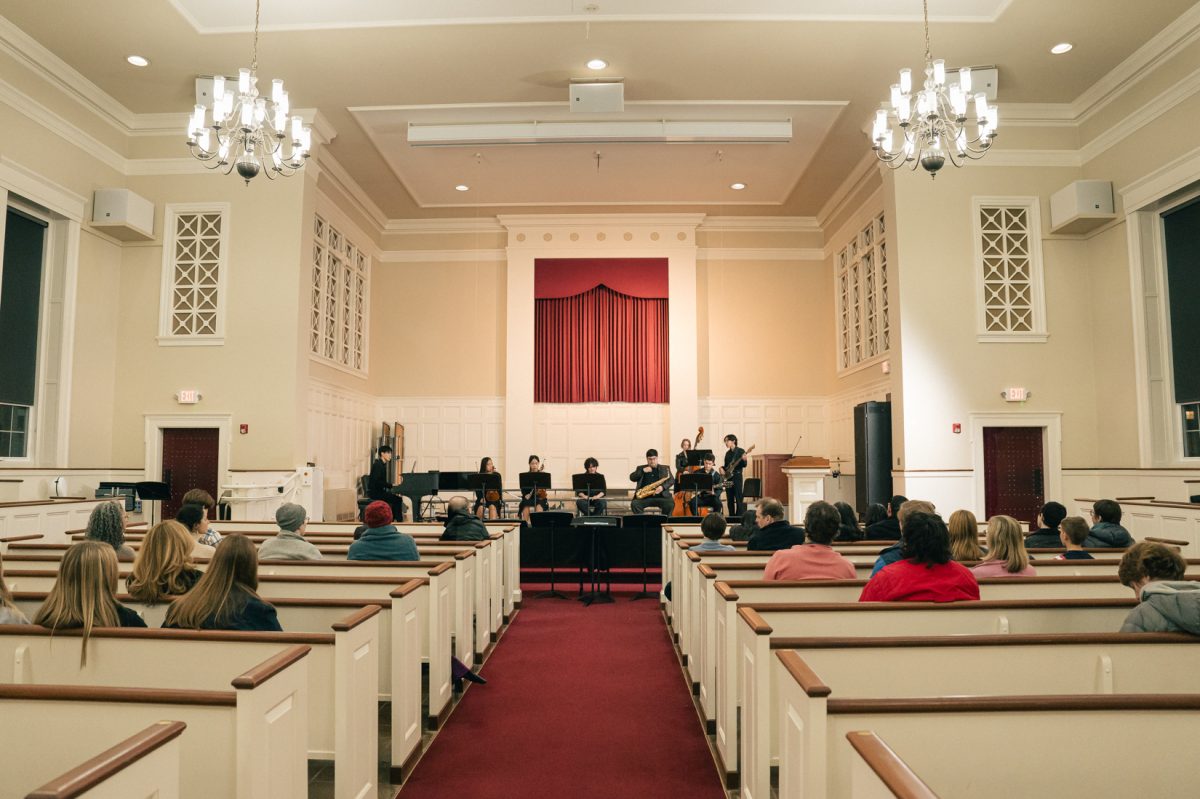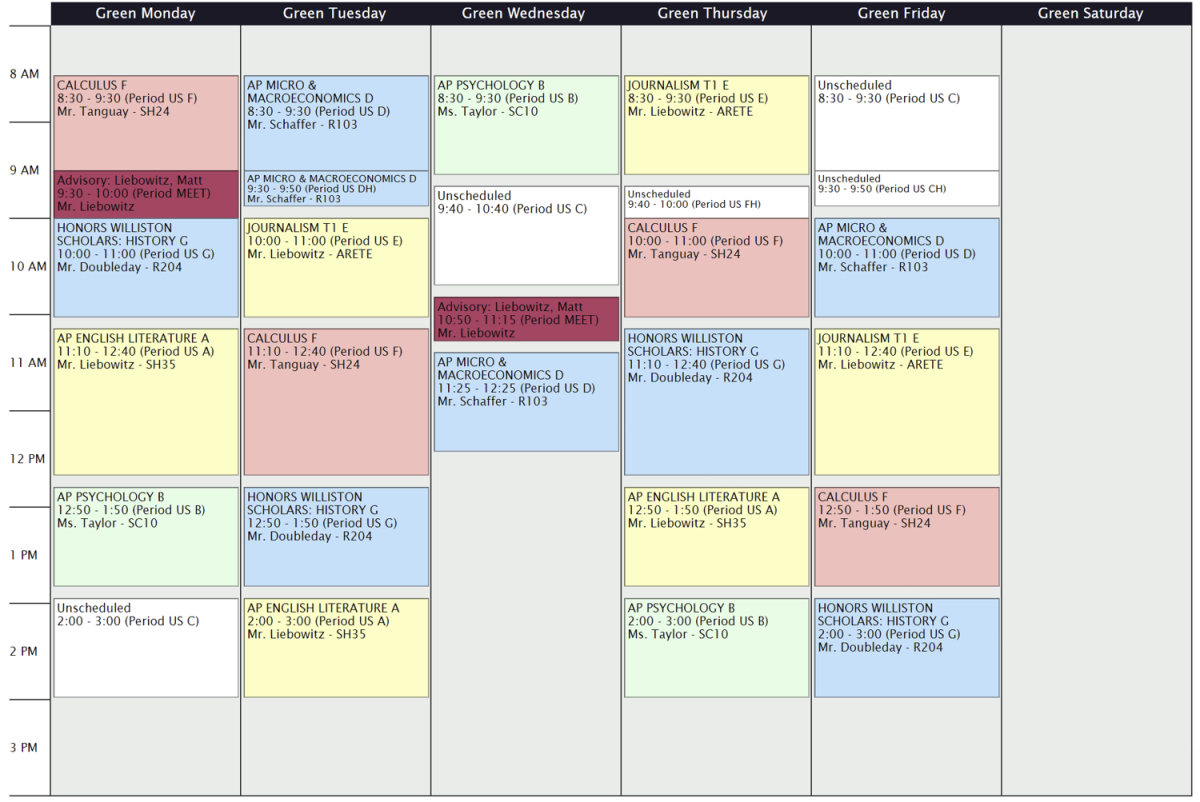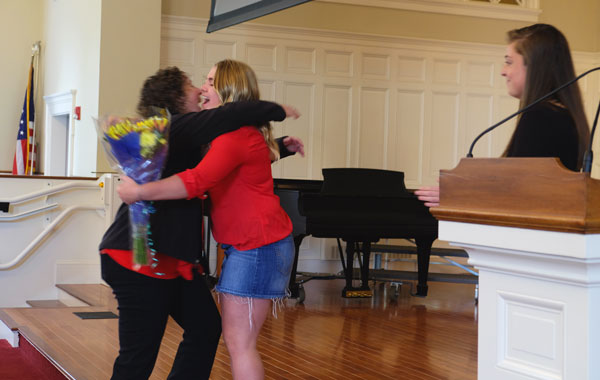When students choose to reclassify to a prep school, they don’t simply just transfer schools, they rewind time. Reclassifying does not only just make you repeat a year but rather, gives you another shot at growth as an individual and allows student-athletes to recalibrate their paths altogether.
Reclassifying, the process of repeating a grade, often in the prep school setting, has become increasingly popular since Covid-19, especially for student-athletes. Oftentimes, it challenges academic norms, shifts people’s social circles, and changes the trajectory of people’s careers. This does not only apply to athletes; this has become a growing trend for people looking to grow in their education.
Most commonly in private prep schools and among elite athletes, reclassifying has started to gain traction in recent years. For athletes, an extra year can mean added height, strength, and skill development, vital necessities in today’s world of recruiting. For others it can simply be to learn English, recover from an academic setback, better prepare for college, or gain access to more advanced courses.
However, the practice of reclassifying can raise eyebrows and spark debate for people who do not have this luxury. Understanding the motivation and rules around reclassifying is crucial for students and families that not only consider this unconventional route but also before they go ahead and make remarks about it.
At Williston, there are currently 130 students who have chosen to reclassify, a majority of whom are athletes. That is 29% of the entire student population.
Reclassifying isn’t an easy decision for anyone, let alone for an eighth grader. However, for Rowan Martin, a sophomore boarder from East Longmeadow, Mass., this process only enhanced his maturity, putting him a step above the competition.
“I think reclassifying at such a young age has its advantages. Sure, it has its difficulties, and a lot of my friends back home were a little upset that I was doing it, but I wanted to make sure I set myself up for the future,” he said. “If I could do it all over again, I would still repeat my eighth-grade year. “It was essential for my football development.”
Repeating a year helps mature the person and become better developed before they enter into the college universe. A prep school especially, where boarding is common prepares the individual for a college setting and sets them apart from your prototypical high school student. The development and opportunities that can be gained with a year of reclassification seem to be an opportunity that one shouldn’t pass up if given the chance.
However, some believe that the reclassification process provides an unfair advantage.
Antonio Wiafe, a current track and field athlete at UConn, always wanted to reclassify to live out his football dream yet, simply couldn’t afford it.
“I believe if I could have reclassified at say, Deerfield Academy—or any other school for that matter—I would have gone Power 4 for football,” he said. “It was because of my lack of experience and to be quite frank, my grades that prevented me from having that opportunity,” he said.
Considering the current recruiting environment, Wiafe considers it almost necessary for athletes to have the opportunity to reclassify.
“I checked all the boxes but unfortunately, I was just new to football, I needed that extra year for sure but my family was just in a rough spot,” he said. “I think it provides an extreme advantage when it comes to college recruiting today. It feels like for a lot of us public and private school guys that you almost need to take that reclass year in New England to be Division 1.”
The reclassifying process providing that extra year is so crucial for certain athletes that if they cannot take that extra year it will prevent them from possible life-changing opportunities. This strategy comes at an extreme cost and, that being said, it means that lower-income families are less likely to benefit from this strategy giving some an edge in the recruiting process not only for sports but also for college acceptances.
A current student who attends Yale, couldn’t be more grateful for the ability to reclassify and thank his parents for giving him that opportunity.
“I attended a private school for some time but I didn’t get accepted into any of the colleges that my parents were thinking I would get into. It was because of that, they put me into another year of high school at a prep school,” the student, who wished to remain anonymous, said. “It didn’t matter to me given that my brother and I have only known to get good grades and get into a good school. Ultimately going prep school gave me an edge above most students applying to universities like Yale and that’s why I can’t thank my parents enough for putting me on that path.”



